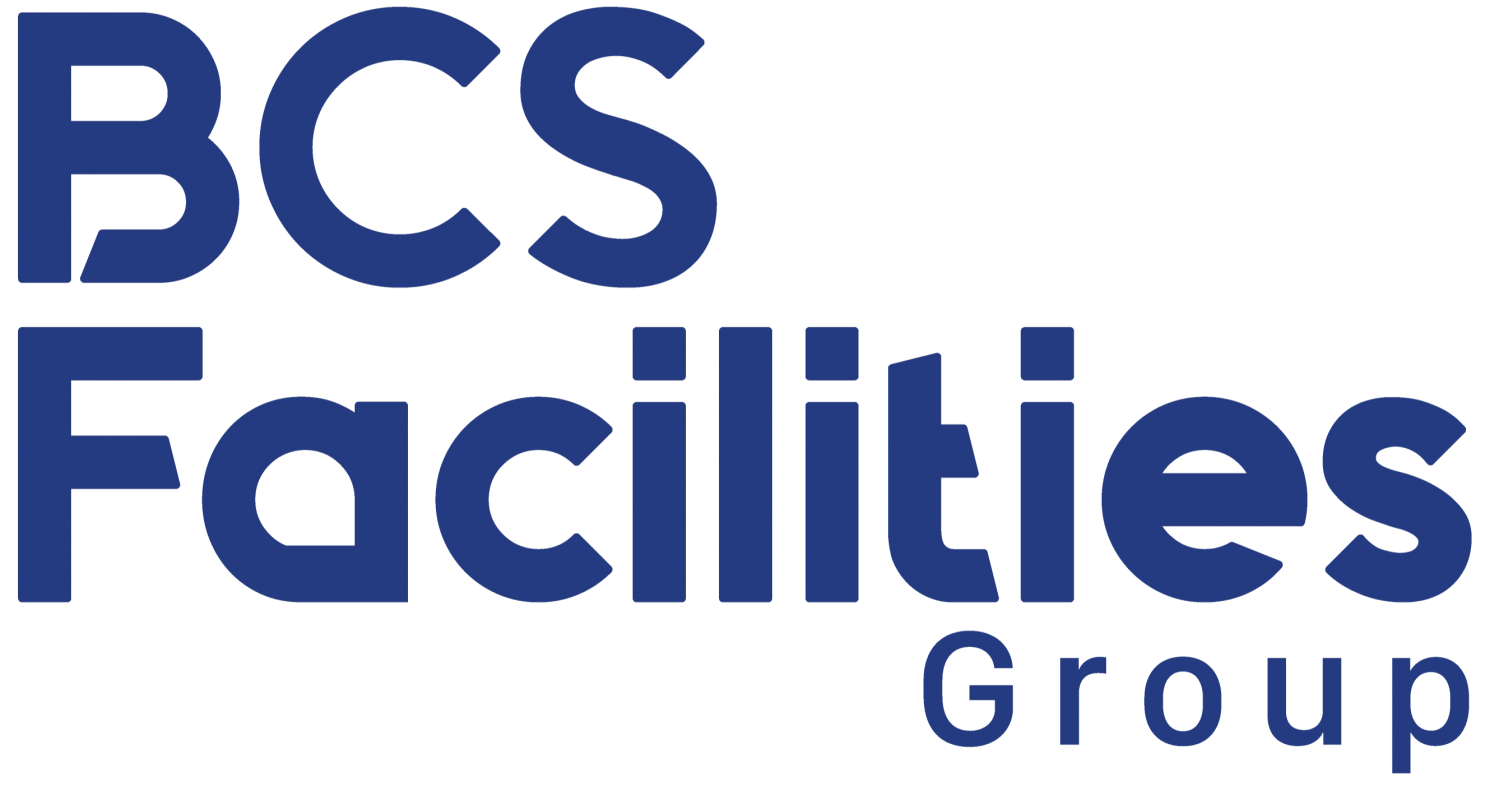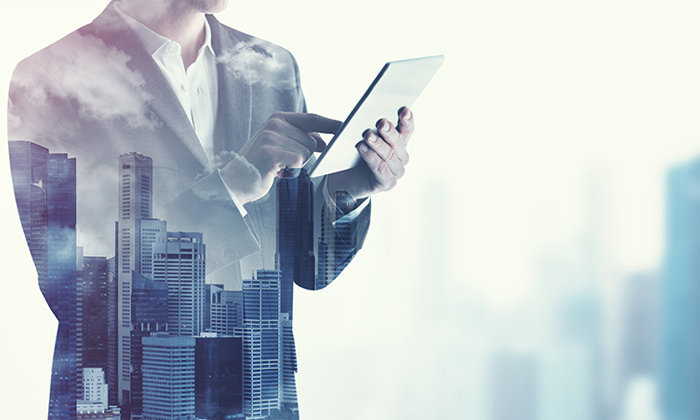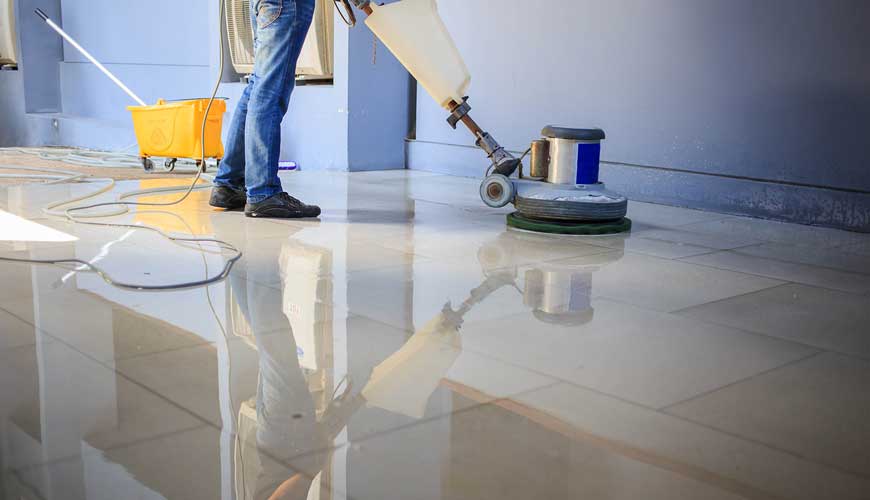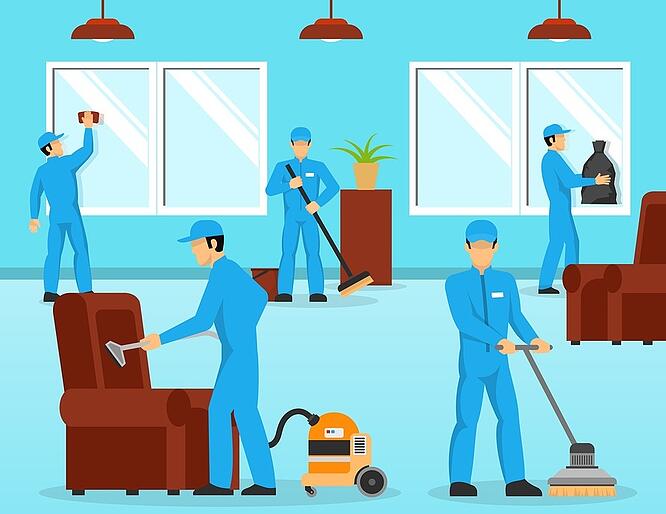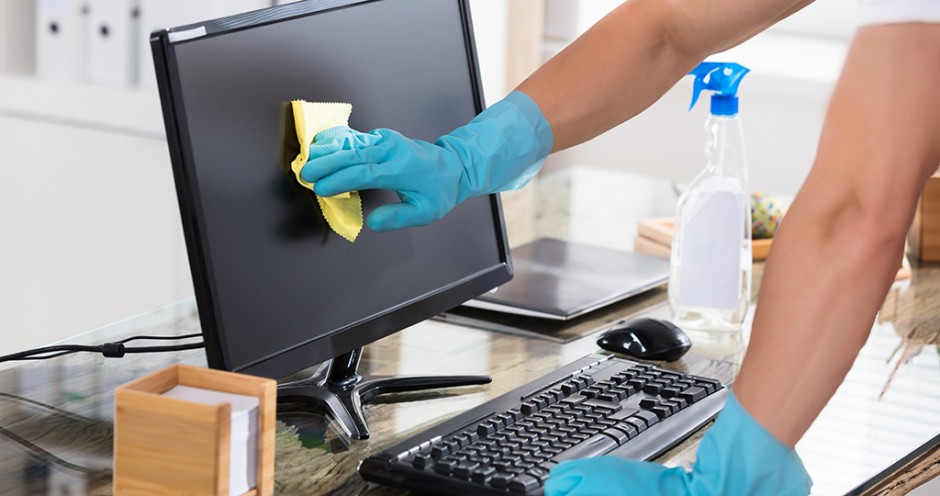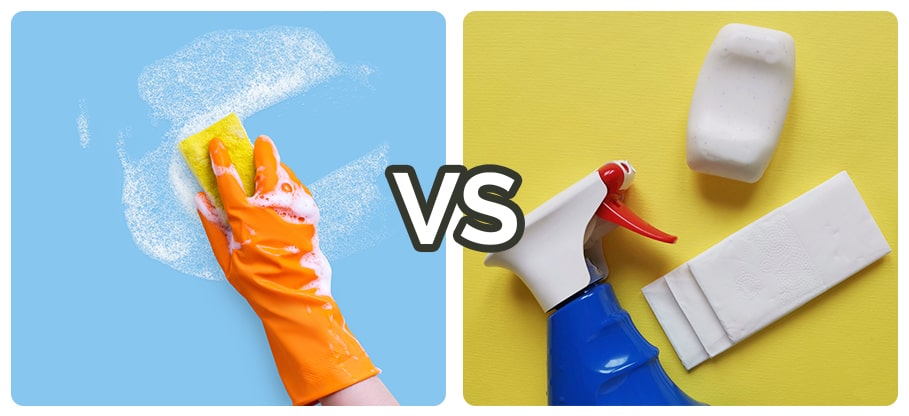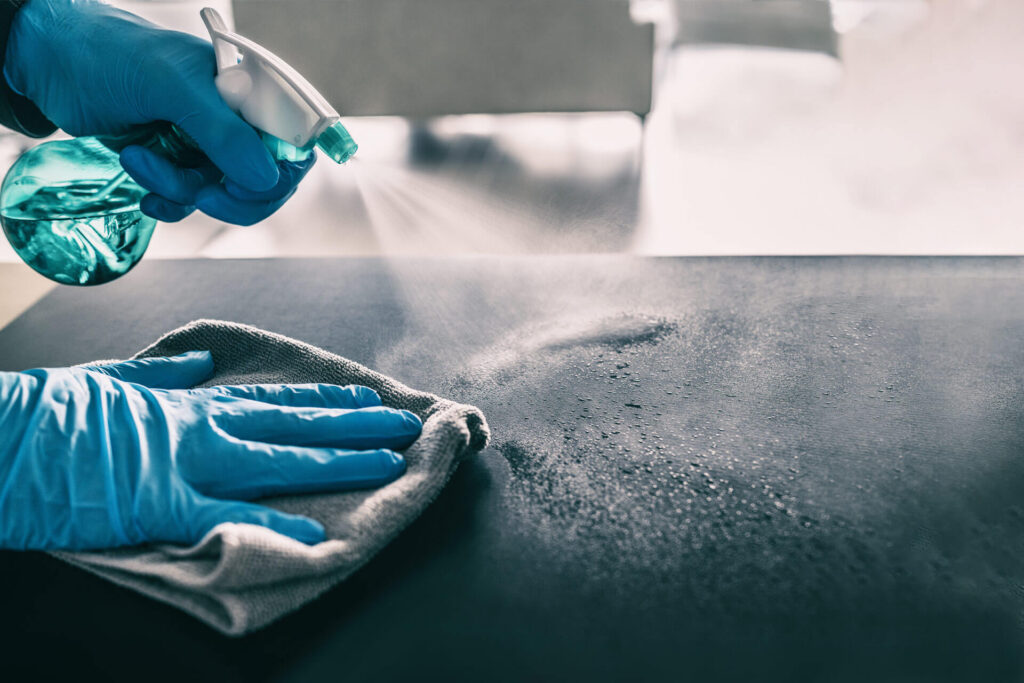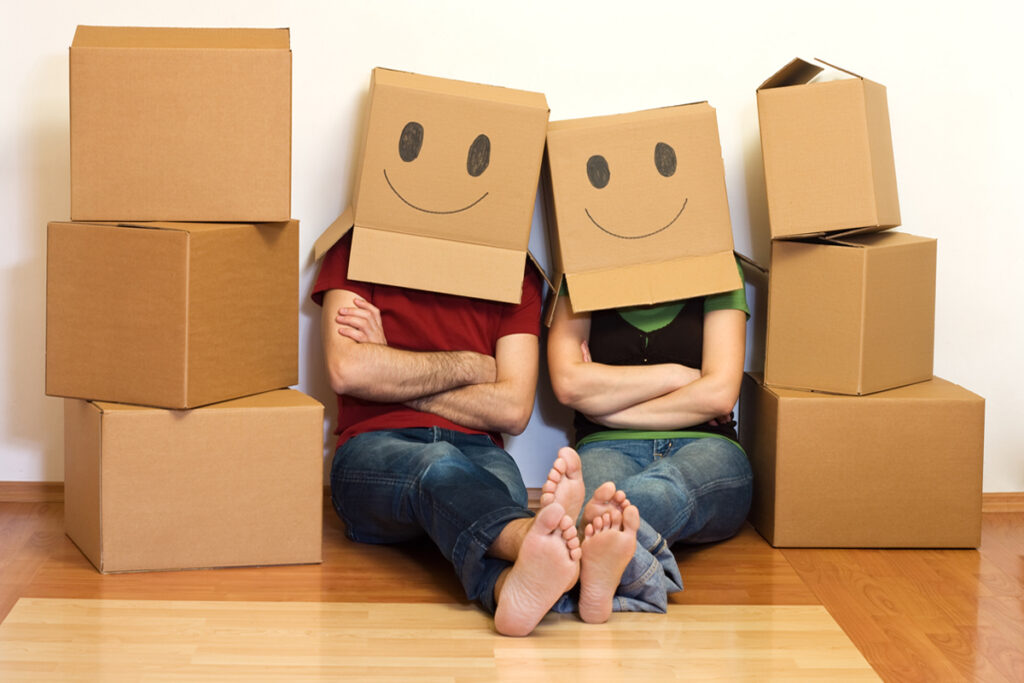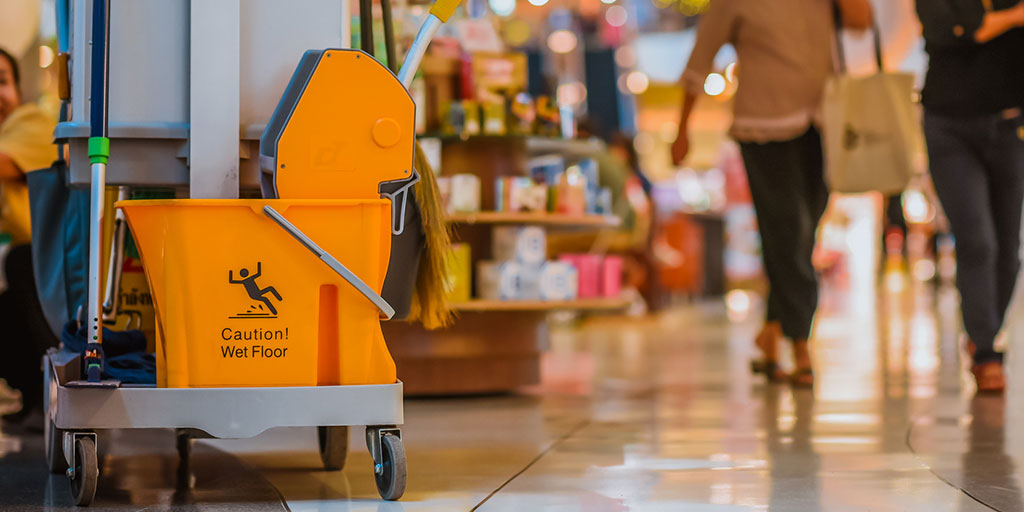
Now, pandemic and all things aside, there are going to be many other benefits to take advantage of by hiring a professional cleaning service. Below, we will go over the top 5 reasons – in our opinion – why retail stores should consider outsourcing to a professional cleaning company.
Improves Safety
There are going to be hundreds, if not thousands of customers strolling through your front doors on a daily basis, and with this comes thousands of bacteria, viruses and other types of contaminants floating through the air and on surfaces. Dust and dirt on top of all that make their way in as well, which makes things even worse. A way to help fix this and eliminate risk would be cleaning with commercial grade disinfectants. With a professional cleaning company, the cleaners would know exactly where to clean the most effectively that will have all of your surfaces free of any contaminants.
Welcoming Environment
What makes for a retail store to be inviting? A clean, presentable storefront! When everything is visibly clean and sparkling it will catch the eye of a passer byer. Customers are less likely to make repeat visits or even purchases at a place they don’t view as clean of visibly inviting or welcoming. With the expertise of professional cleaners and their equipment, there will be a consistent level of cleanliness that just wouldn’t be able to be provided by having your employees do the cleaning.
Saves You Money & Time
Here’s a good one. This one seems to be a common theme across the board. It saves you both money AND time! The more time your employees spend cleaning – something they probably were not hired to do – the less time they will have helping customers. The less attention to customers will be a domino effect to less purchases which will decrease your earnings over time. Now, hiring a professional cleaning company does come with a cost, but this will in most cases be mitigated or even eliminated with increased sales.
Reduces Sick Days
Circling back to the first topic we discussed about improving safety, by eliminating germs, viruses, bacteria etc., by regularly keeping up with this it will lower the risk level of employees attracting an illness. Thus, less sick days! This will ultimately lead to higher productivity with a larger portion of the workforce being available and not out on sick time. This will allow you to pay less in sick time and customer satisfaction increased!
More Service Offerings
Your employees are not trained cleaners so there is only so much they are able to accomplish with the task of cleaning and doing it affectively. Let’s face it, cleaning bathrooms, floors, dust is not the most desirable of jobs and can become tiresome. There are going to be jobs such as a strip and wax on a floor or deep window cleaning that your employees may not be equipped for and unable to handle. A professional cleaning company will provide you with service offerings that just simply would be too much to ask your employees to do.
In conclusion, outsourcing to a professional cleaning company would be a great solution to keeping your retail store appearing and operating the best it ever has been!
